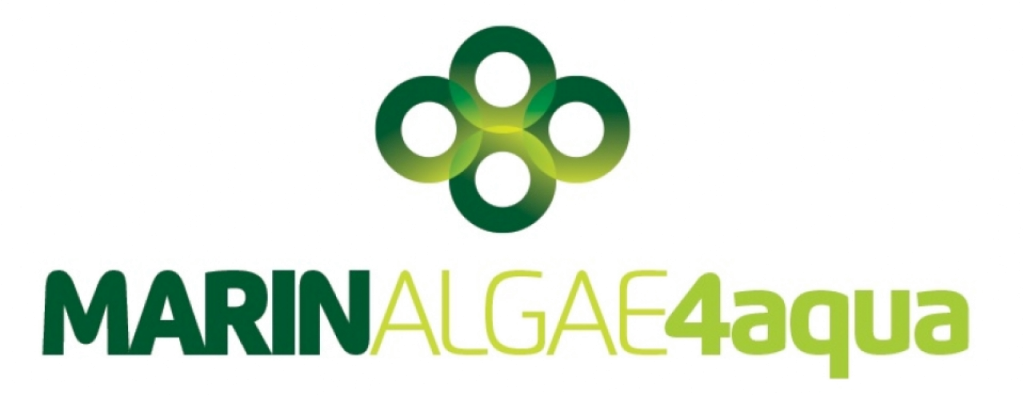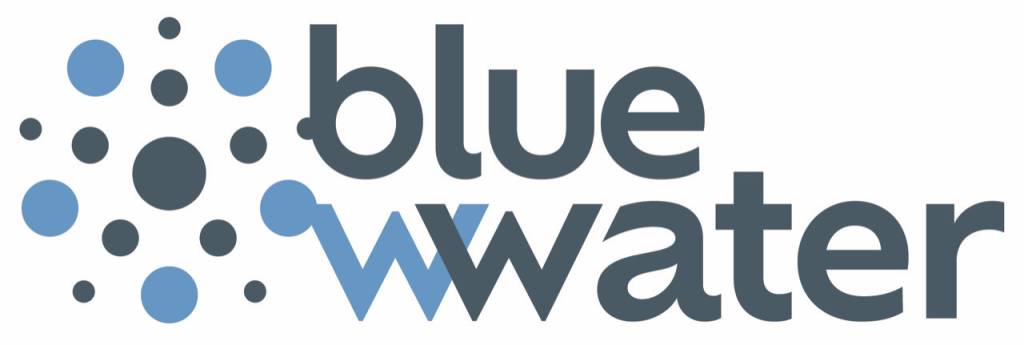
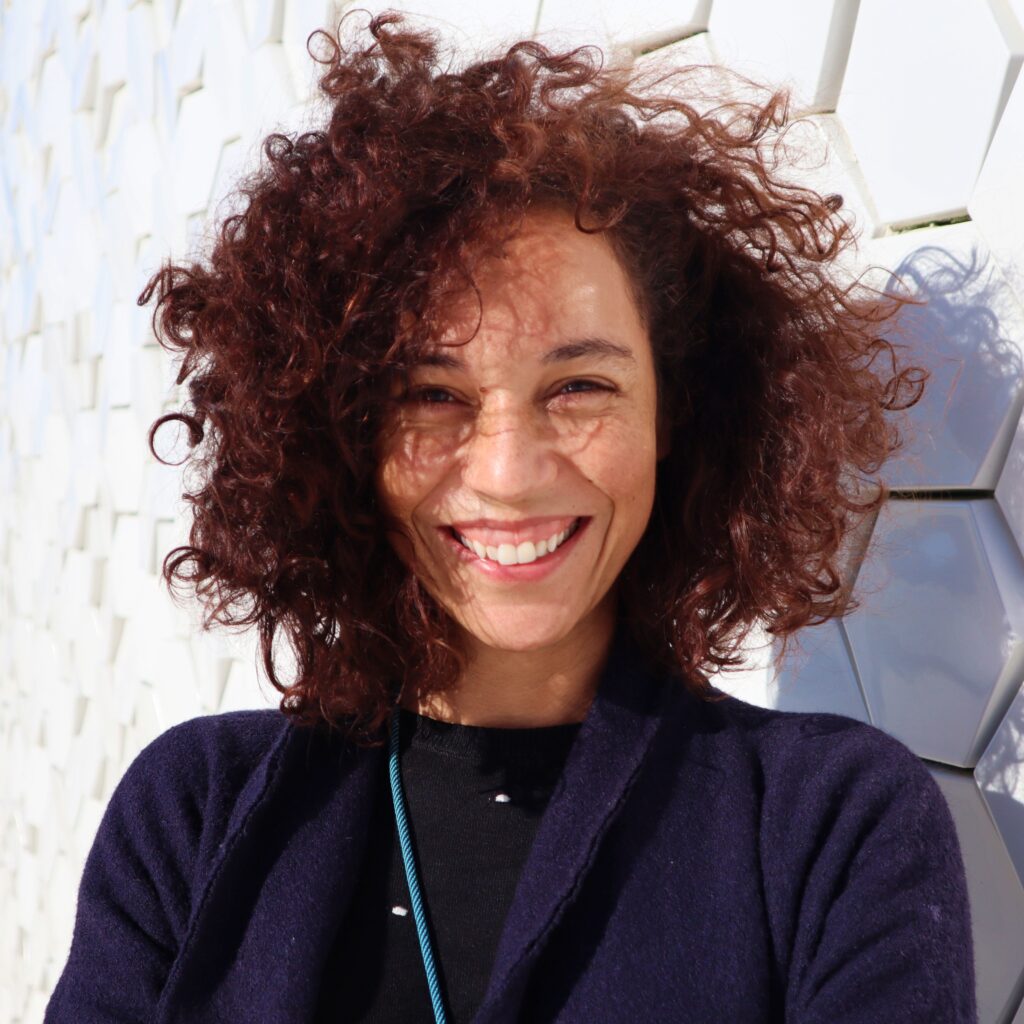
Researcher
I am an Assistant Researcher at CIIMAR-UP, where I study the structure and functioning of marine ecosystems, considering natural, anthropogenic and climate change. My primary focus has been on benthic communities, including plants, invertebrates and fish, to understand the implications of altered diversity on ecosystem functioning. I am particularly interested in using this knowledge to contribute to decision-support frameworks for environmental management.
Currently, my research is directed towards exploring the importance of habitat-forming species as Nature-Based Solutions in mitigating and adapting to climate change. Additionally, I am actively involved in Ocean Literacy initiatives.

